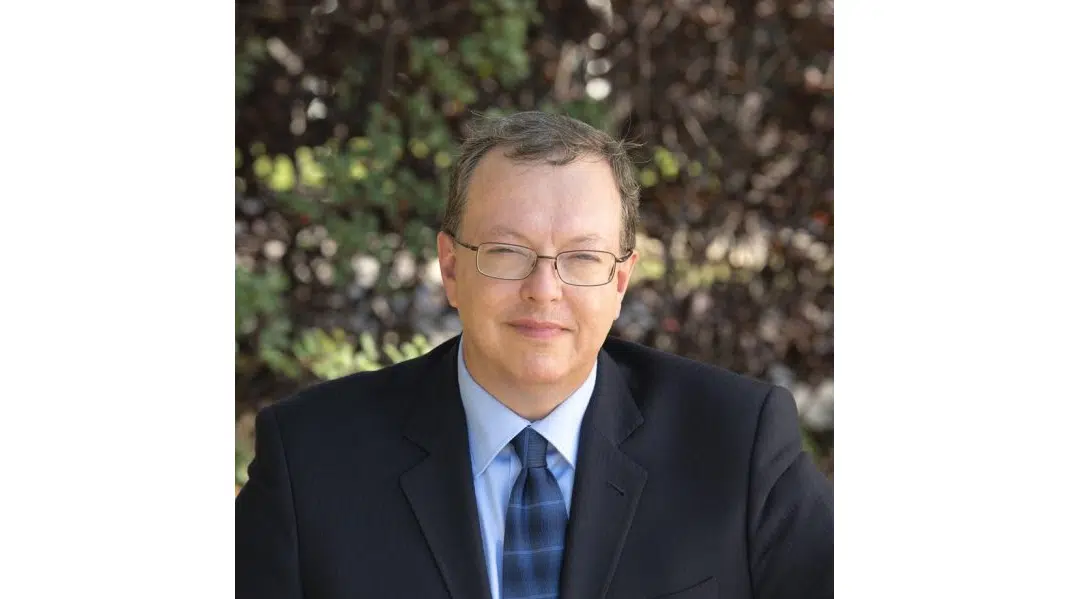
Running a university is no easy gig
KAMLOOPS — The announcement of Thompson Rivers University’s new president had scarcely been made before word got around about a high-profile incident he’d been involved in at his former place of employment.
Dr. Brett Fairbairn was introduced just over a week ago as “a distinguished academic” and Rhodes Scholar with 30 years of experience at the University of Saskatchewan.
During his time there, the TRU announcement said, he held increasingly senior leadership positions including provost and academic vice president.
TRU board of governors chair Jim Thomson said Fairbairn possesses all the “key attributes” the 16-member search committee was looking for.


